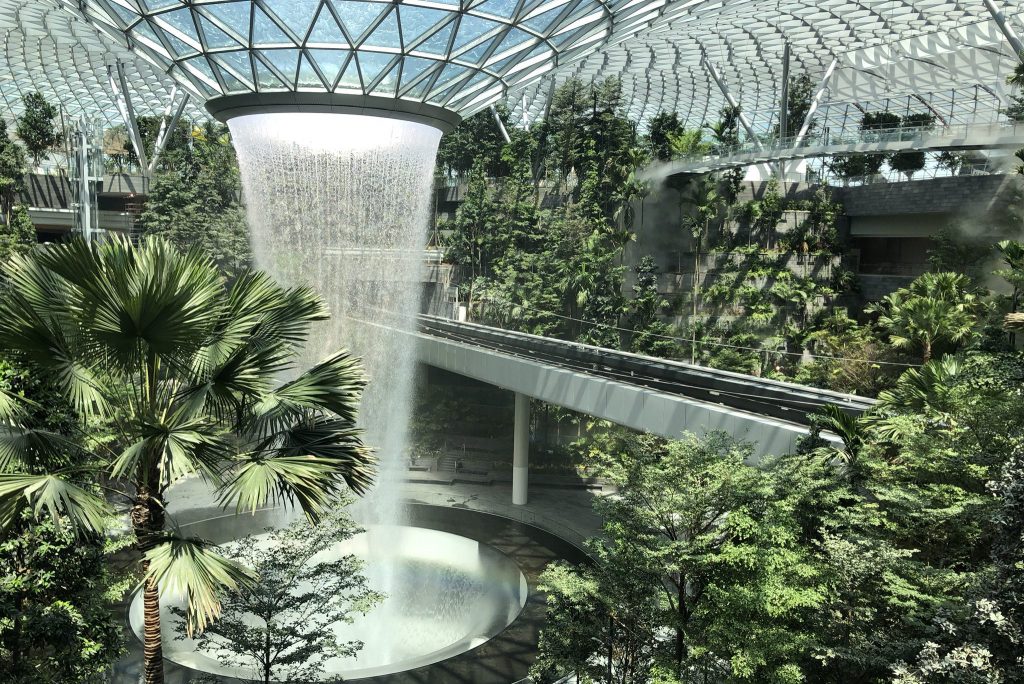Finding Opportunity in the Chaos of Asia's Travel Market

Skift Take
The Asian market is so big that there’s enough to go around for everyone, even if Google and Amazon make deeper inroads into travel. AirAsia becomes the Amazon of travel. Airbnb goes mainstream. Agoda offers homes and is distributed on Grab. Travel executives made these declarations as speakers at the first Skift Forum Asia last week.
Who were they trying to reassure?
Instead of simplifying the business, the industry has simply gotten more complex and chaotic. Just look at the crisscrossing of travel players into one another’s turf.
In fact competition in Asia is as bloody as the plot line from hit HBO series Game of Thrones, shot forth John Brown, CEO of Agoda.
Although Brown was referring to the mighty battle among online travel agencies, it’s safe to say that every sector of the industry could relate to that sentiment. You think Singapore Airlines has it easy? CEO Goh Choon Phong, in a rare public appearance, described h
